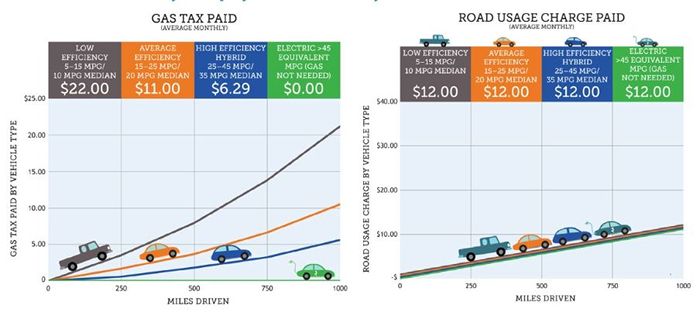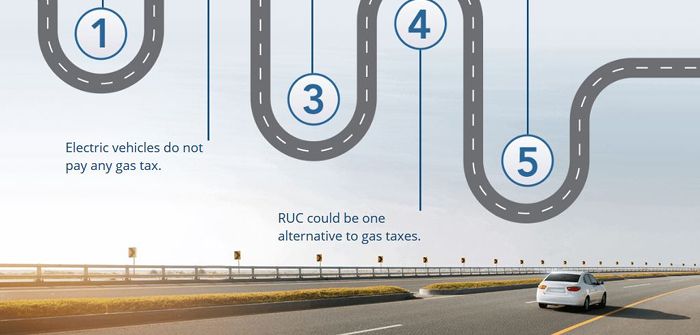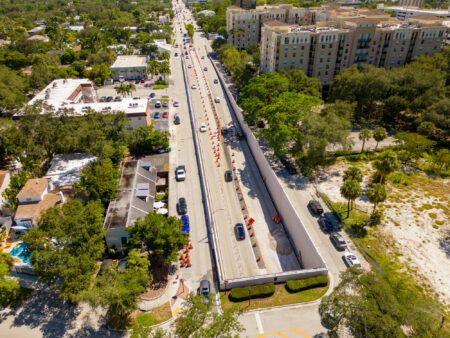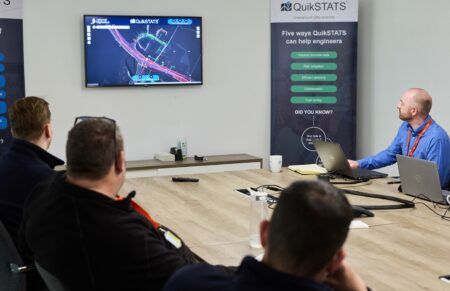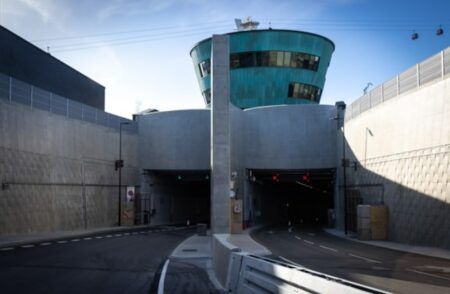With revenue from the federal gas tax falling, the US Department of Transportation (USDOT) has awarded grants to seven state Department of Transportation-led projects to trial new methods to finance highway and bridge projects, including Road Usage Charge (RUC) and Mobility as a Service (MaaS) options.
USDOT has launched the initiative through its Federal Highway Administration (FHWA), which has announced US$10.2m in Surface Transportation System Funding Alternatives (STSFA) grants to seven states to test new ways to finance infrastructure projects.
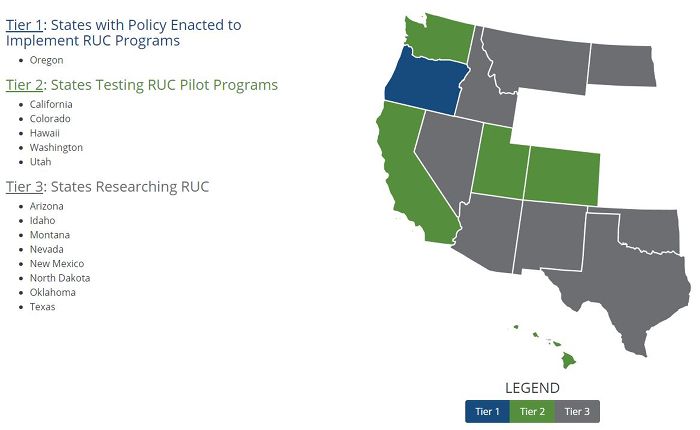 The program’s goal is to allow states to test user-based alternatives to support the Highway Trust Fund (HTF), which relies primarily on the federal gas tax. The STSFA was originally established under the ‘Fixing America’s Surface Transportation’ (FAST) Act, and the new grants will fund projects to test the design, implementation and acceptance of user-based alternative revenue tools.
The program’s goal is to allow states to test user-based alternatives to support the Highway Trust Fund (HTF), which relies primarily on the federal gas tax. The STSFA was originally established under the ‘Fixing America’s Surface Transportation’ (FAST) Act, and the new grants will fund projects to test the design, implementation and acceptance of user-based alternative revenue tools.
FHWA officials have selected new funding scheme proposals from seven state DOTs in California, Delaware, Minnesota, Missouri, New Hampshire, Oregon and Utah. The seven projects will investigate and evaluate various mileage-based and road-user charges, including those for trucks and connected and automated vehicles (CAVs), and the implementation and operation of the road-pricing technologies at a regional level.
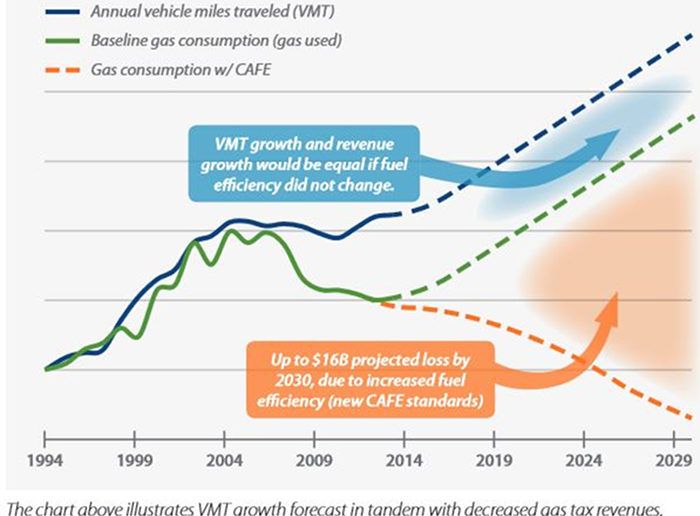
The STSFA grant selections for the 2018 financial year (FY 2018) are:
- California Department of Transportation (Caltrans) – US$2.03m for the exploration of California’s Road Usage Charge Program (RUC) with emerging technologies and services, such as Usage-Based Insurance (UBI), Transportation Network Companies (TNCs) and Autonomous Vehicles (AVs);
- Delaware Department of Transportation (DelDOT) and the I-95 Corridor Coalition – US$3.02m to test the use of mileage-based user fees in a multi-state region. The project addresses the requirements for implementation, interoperability, public acceptance and other potential hurdles across state lines;
- Minnesota Department of Transportation (MnDOT) – US$999,600 for a demonstration of the feasibility of distance-based user fees through the shared mobility model, such as Mobility as a Service (MaaS) providers;
- Missouri Department of Transportation (MoDOT) – US$1.78m to trial the deployment of innovative strategies, such as a vehicle registration fee along with other used-based charges;
- New Hampshire Department of Transportation (NHDOT) – US$250,000 for an exploration of road user charges levied in conjunction with vehicle registration fees;
- Utah Department of Transportation (UDOT) – US$1.25m to pilot a road user charge program for alternative fuel vehicles including hybrid and electric vehicles (H/EVs);
- Oregon Department of Transportation (ODOT) and the Western Road User Charge Consortium (RUC West) – $950,000 for the exploration of Road Usage Charge and automated vehicles at both the state level and in a regionally interoperable system, including the states of Arizona, California, Colorado, Idaho, Hawaii, Montana, Nevada, Oklahoma, Oregon, Utah and Washington state.
Announcing the STSFA funding awards, deputy federal highway administrator Brandye L Hendrickson said, “These grants provide states with the opportunity to explore innovative new ways to help pay for infrastructure improvements and maintenance.”
